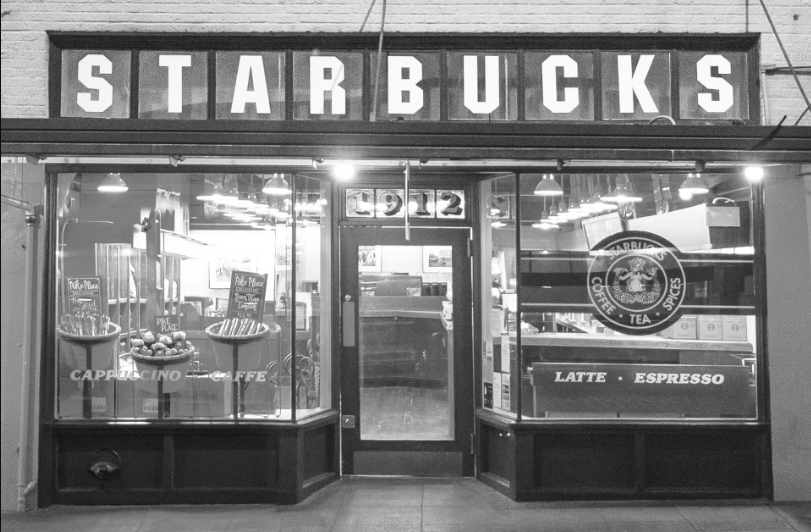
Starbucks Shuts Down Open-Door Policy, Redefining Customer Access
In a significant shift in its longstanding policy, Starbucks has announced the closure of its open-door restrooms to non-paying customers. This controversial move has sparked a heated debate about the company’s responsibility to the public and its impact on the homeless population.
A Growing Safety Concern
Starbucks cites increasing safety concerns as the primary reason for this policy change. The company’s open-door policy had been abused by individuals who used the restrooms for illicit activities or as a place to reside. In some cases, these incidents had led to confrontations with customers and employees.
“We have been listening to our partners (employees) and customers, and we recognize that safety is a top priority,” said Starbucks spokesperson Reggie Borges. “We have to balance our desire to be an inclusive company with our responsibility to provide a safe and welcoming environment for everyone.”
Critics Decry Discrimination
Critics of the new policy argue that it unfairly discriminates against the homeless population and other marginalized groups who rely on Starbucks restrooms for basic necessities.
“This policy is a slap in the face to the poor and homeless,” said Alison Gelder, executive director of the National Coalition for the Homeless. “Starbucks is sending a clear message that they are not welcome in their stores.”
Homeless advocates point to the fact that public restrooms are often scarce or unsanitary, making Starbucks a lifeline for many who need a safe place to use the facilities.
Complex Ethical Questions
The Starbucks decision raises complex ethical questions about the company’s obligation to the public good.
Some argue that businesses have a responsibility to provide basic amenities like restrooms to their customers and the general public. Others contend that private companies should not be held responsible for addressing social issues like homelessness.
Starbucks has acknowledged the ethical implications of their decision and has pledged to work with local organizations to provide alternative restroom options for the homeless.
Data and Real-Life Examples
Data suggests that Starbucks’ safety concerns are not unfounded. A 2021 study by the National Retail Federation found that retail stores experienced a 62% increase in crime incidents since 2019.
Real-life examples abound of the safety issues that Starbucks and other businesses have faced. In 2022, a Starbucks in Seattle was forced to close temporarily after an individual overdosed on drugs in the restroom.
Alternative Solutions
Critics of Starbucks’ decision have proposed alternative solutions that would address safety concerns without discriminating against the homeless.
- Installing security cameras in restrooms
- Providing dedicated restrooms for employees only
- Partnering with local organizations to provide restroom access to the homeless
Starbucks has expressed willingness to explore these and other options in collaboration with community partners.
Conclusion
Starbucks’ decision to shut down its open-door policy has sparked a national debate about the company’s responsibility to the public and the needs of the homeless population. While the company cites safety concerns, critics argue that the policy unfairly discriminates against those most in need.
The issue raises complex ethical questions about the obligations of private businesses to address social issues. Starbucks’ decision has highlighted the need for alternative solutions that balance safety with the needs of the homeless.
As the debate continues, it remains to be seen how Starbucks and other businesses will navigate the delicate balance between providing a safe and welcoming environment for their customers and fulfilling their commitment to corporate social responsibility.



